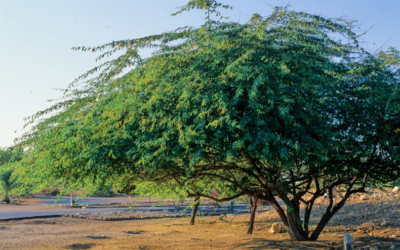Content warning: Mention of suici*e, suici*al ideation/ thoughts, smo*ing, men*al health, self-ha*m.
It begins with a drag or lighting it for someone else. Then weeks later, it’s just one after the dinner or when you’re discussing complex things and your brain is all fuzzy and you need to clear your mind. And then it’s after every meal, and when you’re drinking coffee or have just come home or are about to leave or can’t go to sleep or you’ve woken up in the middle of the night.
When I began to seriously struggle with anxiety in 2018, I found that smoking acted as a relaxant. However, it remained minimal until last year when an event led to mental breakdown and immense grief. I began to smoke regularly. The desire to smoke, and by extension any other form of addiction, is the desire to control grief. I ‘quit’ in November last year as my situation improved. Only to pick up again in March this year after another breakdown.
Who Is Smoking Here?
According to Rajan Sukanya et al, persons with severe mental health illnesses (SMI) are more likely to smoke than the general population. Additionally, those with smoking addiction are more likely to have suicidal ideation, attempt and death (Poorolajal, 2016). According to a report by truth initiative, LGBT Americans are 1.5 to 2.5 times more likely to smoke than heterosexual persons. We have no such data for India and neither do the anti-smoking / anti-addiction campaigns speak to or centre queer individuals. Our government, public institutions and the larger queer community are ignoring this crisis like how Lt. Prof. Saleem Kidwai (historian) had claimed AIDS was done in the US in the eighties.
A lack of safe and healing queer spaces and communities forms the bedrock of many addictions in queer individuals including smoking. Additionally, if there already were few queer spaces, there are none for those who struggle with addiction. Without the support structures that could help us, we have to rely on our willpower. For me, there are times of relative peace, when I can dip into the finite well of willpower and decide that no grief is worth dying over. When the medication and therapy works. When the words of friends and poets uplift.
Why Are You Smoking So Much?
I manage until the grief comes, heavy, heavy like rotten milk in a mother’s bosom, poisoning my veins, and every word of a friend is a gash of a knife, every poem a burden, every breath a curse. The small stick of fire and pleasure then comes to the rescue. Its sweet smell of woodburn, smoke rushing into the brain and making it light. It’s bearable, all the pain that has somehow settled like silt in my heart can sludge around with the smoke.
While smoking, alcoholism and other forms of addiction remain unspoken off, sporadic conversation on chemsex or ‘high-fun’ are beginning to take shape. Prof. Kidwai considered queer persons’ involvement in chemsex, a “voluntary death”. However, if one were to ask “the queer community”, chemsex or addiction may hardly come up as an issue. We are too busy with our own dreams of band, baja, baraat!
As a queer person struggling with several mental health issues, I find that smoking lies at the intersection of care and self-harm. I care enough for myself to want to relieve stress so I smoke but since I am smoking the quality of my life is going down, causing me stress. These thoughts spiral into seeing no value in my life which then lead to deathwish which then lead to a desire to reach out and hold on to people I love, failing which leads to stress which leads to smoking and the cycle continues to repeat itself.
Quit Smoking Today!
As disturbing these thoughts may seem, there is a stronger urge to fight this battle against addiction. This urge, fuelled in part by the inherent value that I am capable of seeing in my life and my work, is strengthened by a desire to also create spaces where other queer persons can find support in their journey no matter where they are in terms of dealing with addiction. I am capable of recognising the importance of these spaces, and the need for these spaces to be community driven and collectively owned, and open enough for others to share their ‘why’ of addiction, and find collective ways to deal with them.
I believe the capitalist structures have shaped us to put too much stock in the individual and their will power to handle health and illness and friendships and daily lives. However, neither are we meant to survive individually, nor is it possible to do so without a loving and supportive community which is willing to be inconvenienced to provide care.
Similarly, there is no recognition that our finite source of willpower is misutilised in adjusting to queerphobic spaces. What remains to be done then is to collectivise towards forming structural and communal support for each other. Where we understand that care is a collective responsibility driven by discipline and commitment.
Har Fikr Ko Dhue Mein …
And even as I reach for another cigarette while I write this article, I do so with the hope of building such spaces which would hold my hand and comfort me more than a stick of fire ever could.




0 Comments